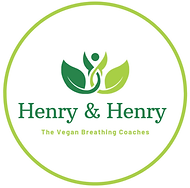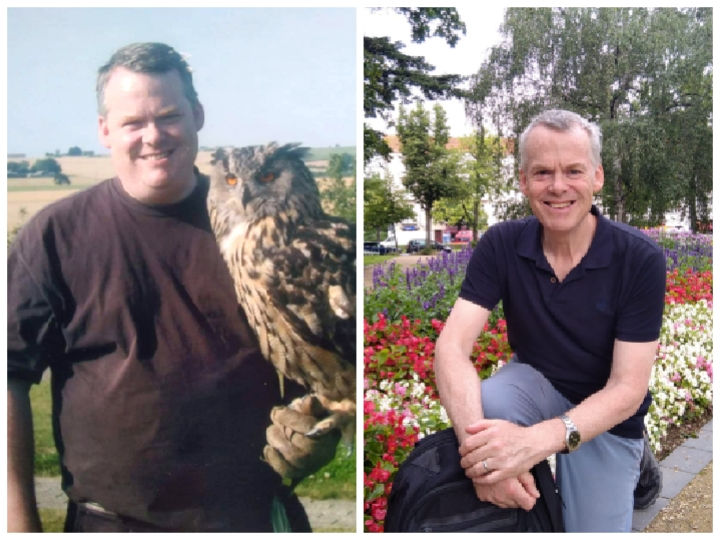The Elephant in the (Bed)room?
- Henry & Henry

- Sep 16, 2022
- 4 min read
"….if you have anxiety, you need to heal and regulate your Autonomic Nervous System".
~ Sandy Newbigging
He's right, of course. But there would have been a time when a newsletter from Sandy, my meditation teacher, containing this line would have left me feeling confused, especially as he was proposing therapy, not meditation, as a route to healing the nervous system.
Mindfulness meditation has a lot to recommend it and its praises are frequently sung, but we may be overlooking something that, for many, really needs to come first. I know this from first-hand experience. Meditation has been wonderful for me; it's given me calm and relaxation during the practice itself as well as increasing my awareness of everyday life and how I relate to it which is priceless. But why did I still not sleep? And why could I easily become anxious? I gradually came to the only possible conclusion: I must have some kind of inherent dysfunction leading to me being highly strung (whatever that actually means).
I didn't know until fairly recently that it was actually my breathing that was dysfunctional (I wrote about this in a previous post), and I didn't know that my nocturnal wakings were characterised by fast breathing…it didn't feel fast until I tried to slow it down, and found I couldn't. This was quite an aha moment; if my breathing is fast, my brain and body are getting a message saying there's a threat that I must deal with…being awake is therefore essential, and unless I can slow my breath, that state of hyperarousal remains. Was this why I awoke so frequently in the small hours and typically stayed awake for the rest of the night?
I'm sure I would be forgiven for giving up on the idea of ever improving my sleep; I don't appear to have much going for me. It seems that along with post covid breathlessness (again, I wrote about this in my previous post), my impoverished 5 hours of sleep was now down to 4. Being post menopausal means sleep disorders can apparently increase by as much as 200%! And I've been sleeping badly for most of my adult life …possibly even longer if I think back to the amazing capacity for sleep that my younger sister displayed when we shared a room as children. She was a champion sleeper; I wasn't.
But I do seem to be sleeping better; 5, 6 and sometimes even 7 hours, which is still not prize winning sleep, but I'm delighted with the progress. This has required carefully selected and consistent breathing practice and it will be needed for some time to come … I have decades of disordered breathing to reverse. And the matter of post covid breathlessness? I'm making definite strides there, too ..pun intended, because I clearly have more stamina, and stairs and slopes are no longer to be avoided at all costs.
Progress with breathing re-education is sometimes as simple as becoming aware of your breathing and being willing to make changes. Two quite spectacular instances of this have revealed themselves very recently while I've been gathering willing participants to be case studies for the Buteyko breathing instructor course I've just completed. Both relate to having read James Nestor's excellent book Breath. In one case, switching from mouth breathing to nose breathing has reduced the need for an asthma spray to ...zero! Another spectacular account is from someone who read the book about a year ago and now has "an improved underbite"! A structural change in oral posture as a result of improved day, and especially, night-time breathing. Wow!
I probably should mention too that my sleep is also benefiting from the improved nocturnal breathing patterns of my husband. Graham has accompanied me through much of the learning process, not because I asked him to (I didn't), but because it's captured his imagination too and, as my first student, he has implemented many of the breathing exercises resulting in less, and sometimes no, snoring!
To say all this has made me stop and take notice is an understatement. It's made me stop and take a direction I never knew to be an option. The Buteyko instructor training I've undergone has been magnificent. The Buteyko breathing method is exceptional in being the subject of published research, especially with respect to asthma. And being coached by internationally renowned trainer, Patrick Mckeown is definitely to be recommended. I am hungry to keep learning and to persuade others to consider their breathing so as to restore sleep and health where appropriate, to enhance sporting performance, to sharpen focus and concentration and to experience more appreciation for life by slowing down, calming down and by becoming more aware. I didn't know that the way we breathe is so important which feels a little absurd now. But maybe I should go easy on myself, after all, I can't recall ever hearing a medical professional talk about the importance of correct breathing. But now we know, let's not wait for the medical world to catch up.




)_20230830_134131_0000.png)



Comments